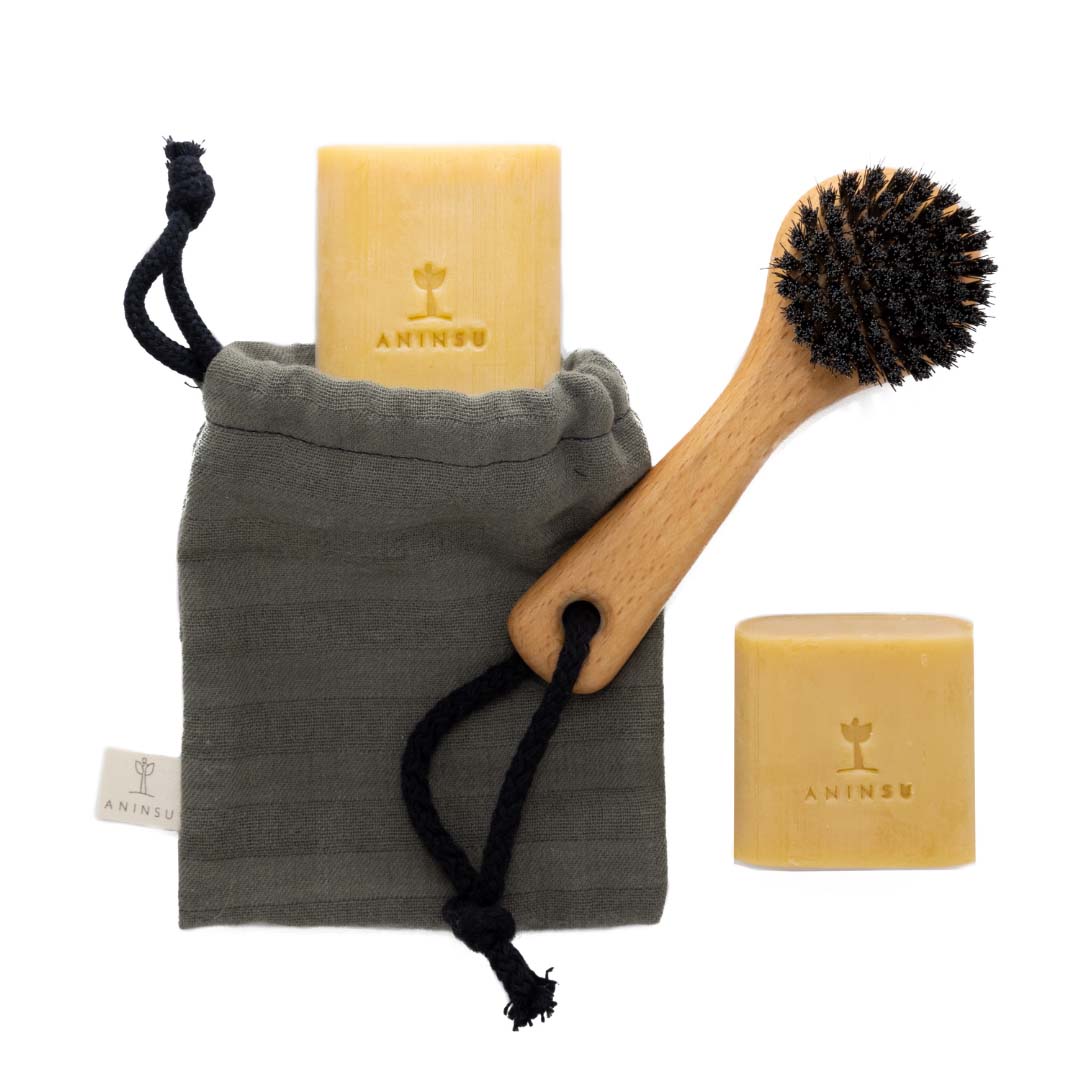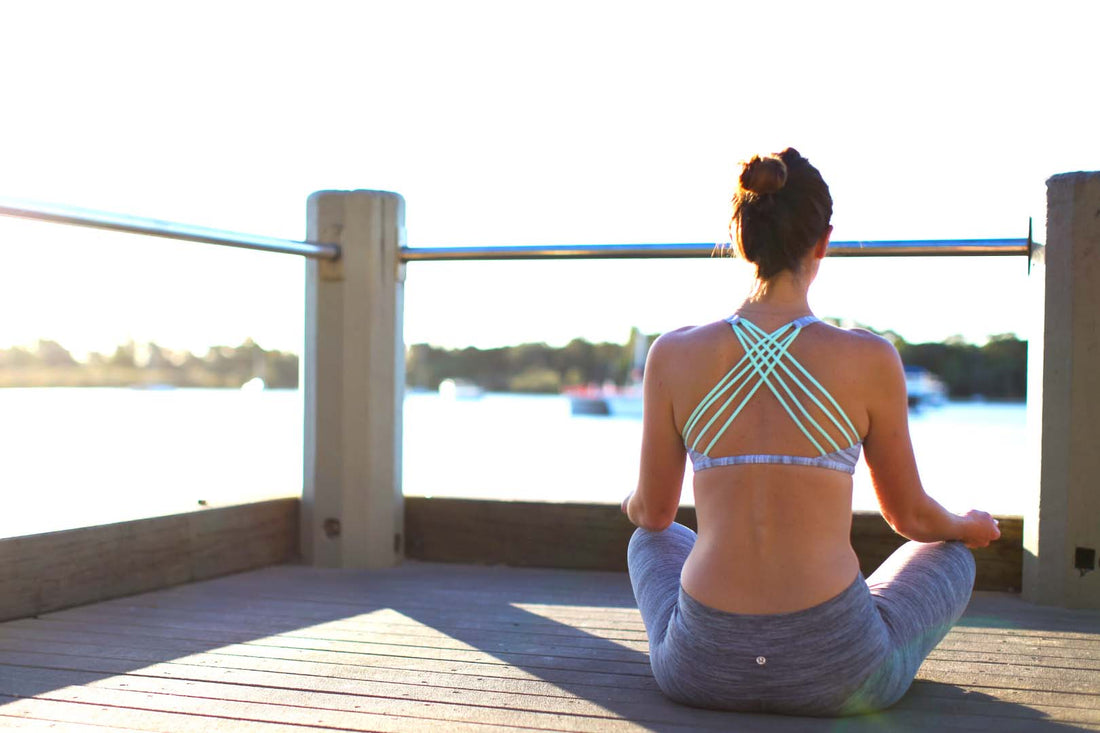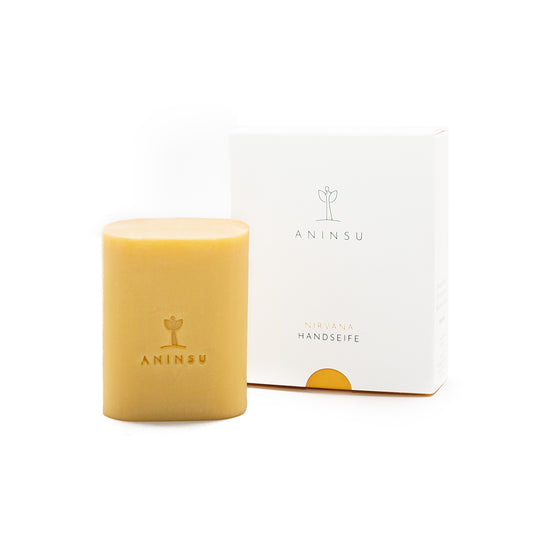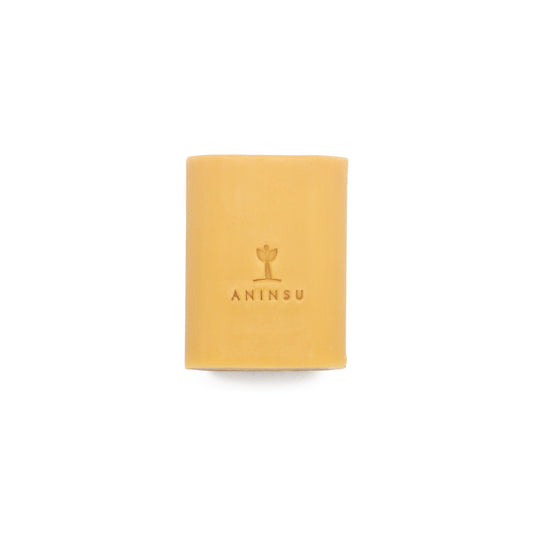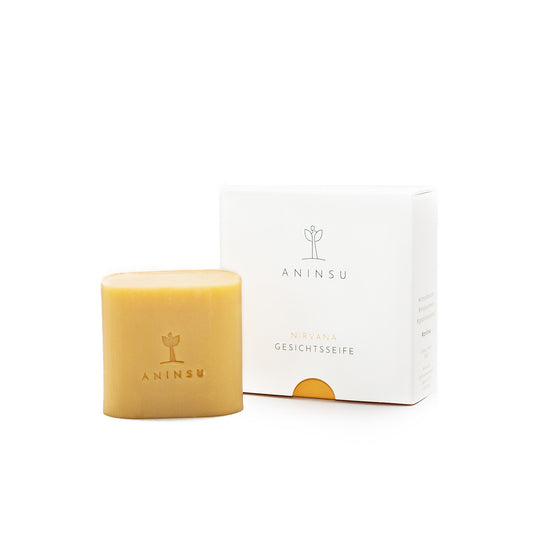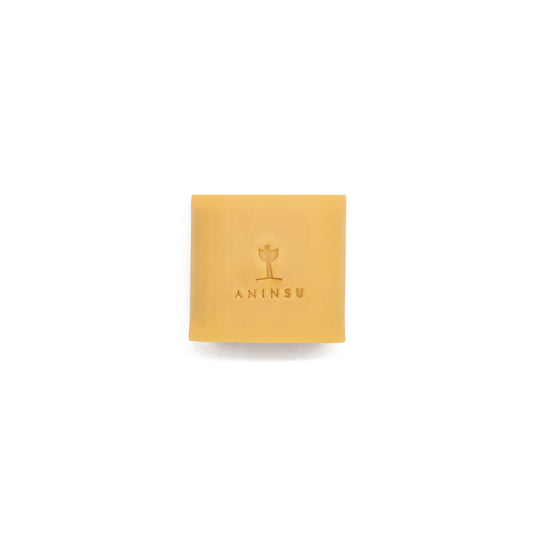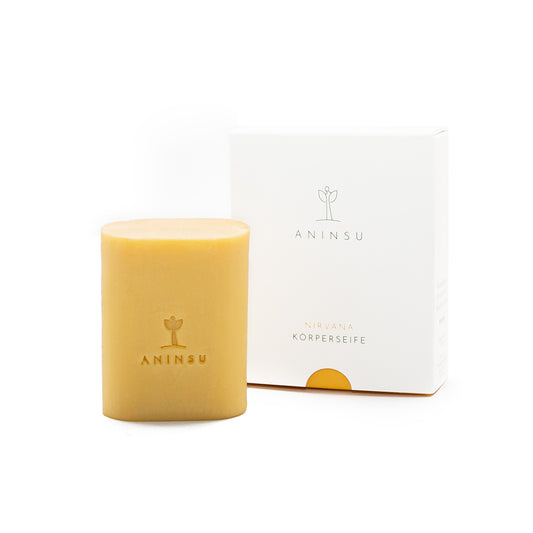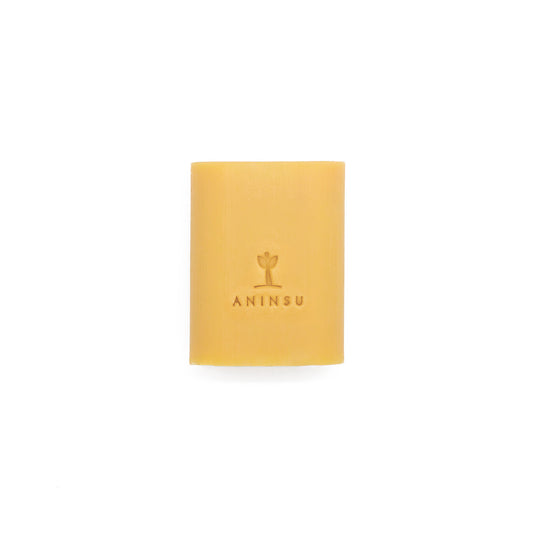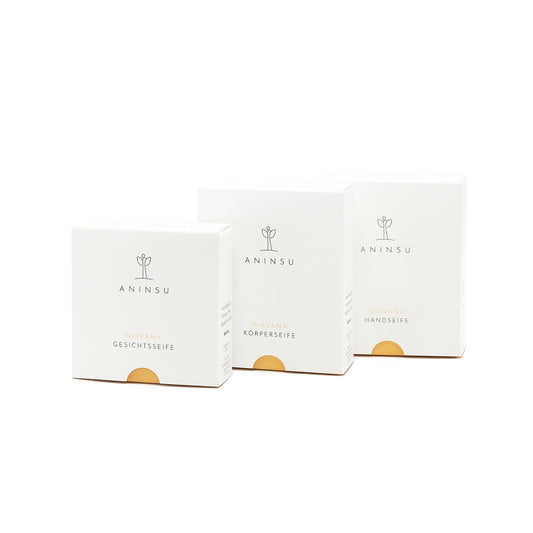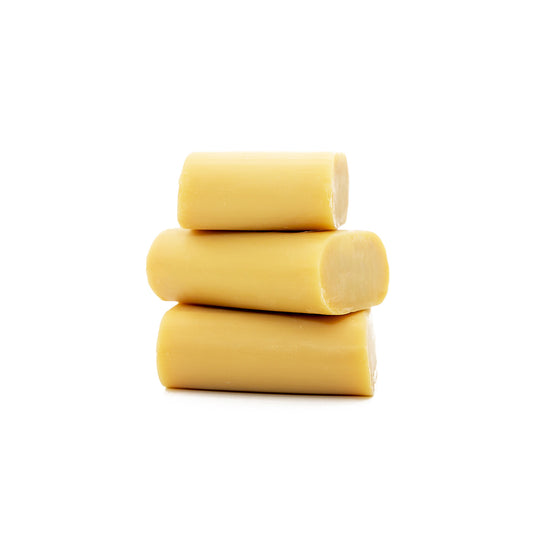Well-being is a broad subject. The positive aspects are omnipresent, e.g. B. Relaxation and recreation. However, what is often not mentioned at all: relaxation is also work.
Take time
It starts with the fact that you have to dig out time, because in our stressful lives we have far too little of it. Job, private commitments, but also hobbies can make you feel like you just don't have time for yourself. And the solution we always aim for is to neglect ourselves while we take care of everything else. This is counterproductive: we cannot act optimally in any area of our life if we ourselves are not doing well.
Prepare
The next step is preparing for recovery, whether it's a vacation, a spa day, or just a nap. We have to plan, make appointments or just make sure that we can be undisturbed for a while. Sounds easy, but depending on your life situation, it can be quite a stressful undertaking. However, the effort is worth it: Every effort must be followed by a rest phase. We not only learn this in yoga, this is a fundamental truth: Even a muscle relaxes after it has been used and everyone knows what happens when you overuse it - we humans are basically no different.
Embark on relaxation
When the moment of relaxation arrives, we often find it difficult to let go of everything else, all our thoughts, worries, fears and stress. So we usually need some time before we arrive in the here and now, in regeneration. For this reason, the recovery phase should not be too short, so that it does not end before it can begin.
Enjoy
The good thing about any problem is that it usually doesn't go away on its own. If we leave them alone for a bit, they're still there when we check on them. So it's okay to get away from them every once in a while and relax. A vacation from everyday life, so to speak, because it will still be there in all its entirety when we return. And the best we can do then is focus on recovery. Doing what is good for us so that when we return from our downtime, we can do good for others. Just enjoy doing nothing to the fullest. That too is variety.
Don't get distracted
Focusing on our recovery also means that it's okay to ignore signs of life from everyday life, from the usual normality. They will still be there when we have recovered. That may seem selfish, but it's not in a negative sense: if so, rest is the healthiest kind of selfishness. Because without charged batteries, nothing and nobody will have anything from us. So let's not get distracted by our loading process.
Prepare to return
At the earliest shortly before the end of our rest phase, we should roughly adjust our mind to the fact that the time of relaxation is over. Rough means mentally and emotionally, not in detail, but in general. This also includes being grateful that you were able to take a break, reviewing all the positive experiences and consciously experiencing the prevailing relaxation with a deep breath. Let's hold on to this feeling and savor it. We should keep it in mind because remembering it will help us plan the next recovery period and we will always know why we should do it regularly from now on.
Arrive in everyday life
When we are back in everyday life, we should not throw ourselves headlong into all the topics that are currently present. Step by step is the motto. Multitasking creates even more stress than the individual problems, challenges and disasters of our daily lives already cause. It is also good to practice relaxation rituals from time to time in everyday life so that the feeling of relaxation does not disappear again after a very short time. Good succeed!
